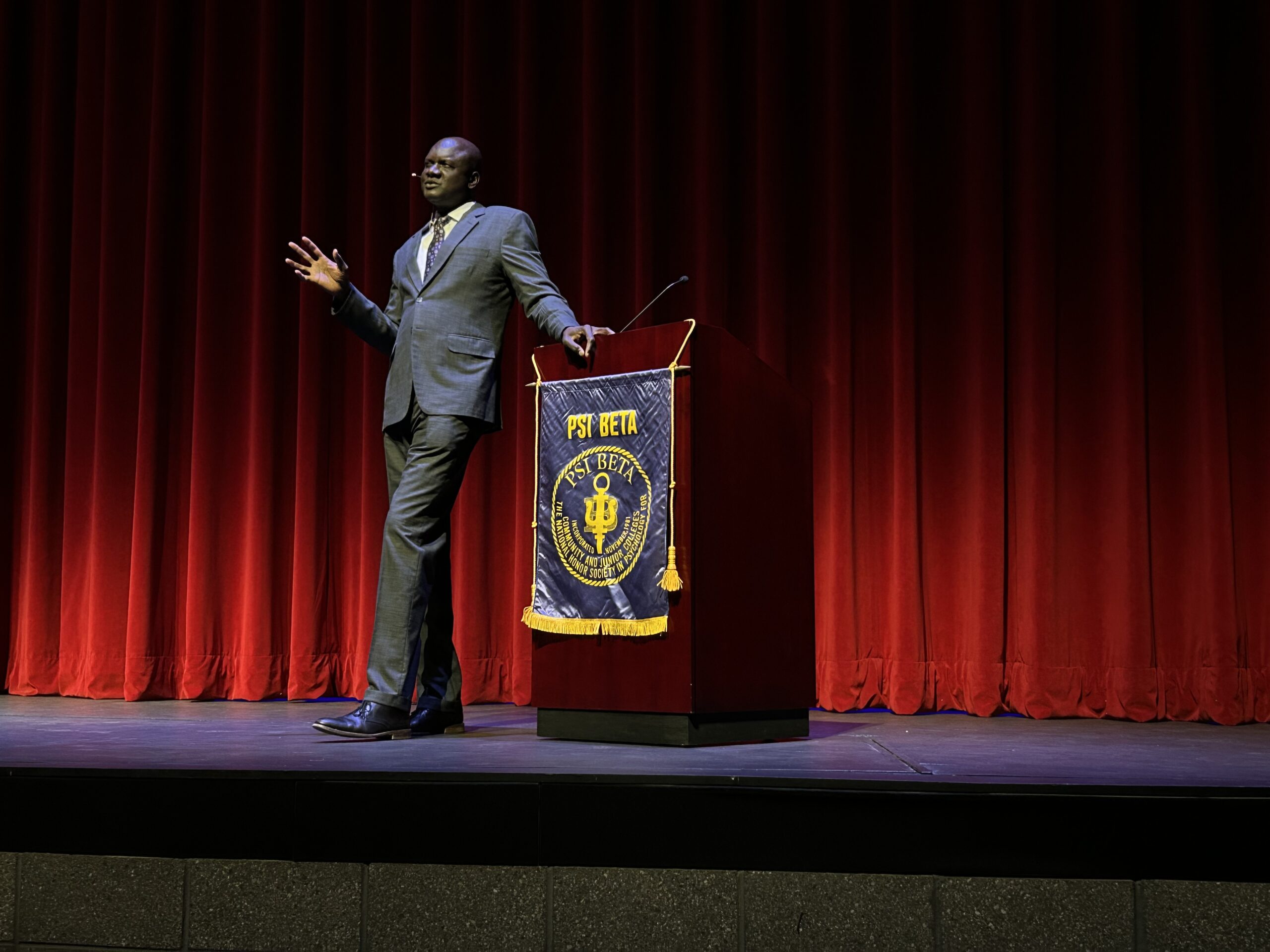Tablet vs. PC: Pros and cons of both devices
Kian Hagerman
When deciding whether to buy a tablet or laptop PC, there are many pros and cons to weigh; each which will hold varying significance depending on individual needs.
A comparative study was conducted by the University of Maryland, Baltimore County (UMBC), between tablets and laptop PCs based on user satisfaction and preference.
The study found that those satisfied with tablets felt that they were enjoyable to use without sacrificing device loading speed, all while being extremely mobile and easy to carry around.
However, the study also indicated that users reported making more errors and were less efficient while using a tablet.
Laptop PCs can often be found with better specifications such as RAM or hard drive space, than a tablet of similar price.
Both tablets and laptops allow for increased storage space through the use of various peripherals.
The 64GB iPad Air, a popular new tablet on the market, costs $799 according to Apple.com; the Asus X200CA costs about $300 on Amazon.com
The 64GB iPad Air runs the Apple iOS 7 operating system using a 1.4 GHz Mobile AMD Duron processor, and includes 1GB of memory; the 320GB Asus X200CA runs the Windows 8 operating system using a 1.8GHz AMD E2 Series processor, and includes 4GB of memory.
Laptops use the same operating systems that desktops do, which offers increased performance when compared to tablets which require touchscreen functionality.
The UMBC comparative study asserts that “with respect to software, it should be noted that the major difference between Tablet PCs and laptop PCs is that the former uses the Tablet PC edition of the desktop/laptop PC operating system, which has some limited capabilities in comparison to its equivalent desktop-based operating systems but allows major handwriting recognition and on-screen scribbling capabilities.”
Another option that is on the rise is that of hybrids, combinations of both laptop and tablet.
A laptop with a touchscreen allows for the use of touchscreen operating systems like Windows 8, but many hybrids also include a method of detaching the screen to use as a standalone tablet.
The power of hybrids are not equivalent with that of laptops of similar price currently; this is due in part to the increased functionality offered by such devices.
One example of a popular hybrid on the market now is the new Microsoft Surface 2, which runs on the Windows 8.1 operating system.
The Surface 2 offers a 64GB hard drive and 4GB of memory for about $900, $1,000 on Amazon.com, and uses an Intel Core i5 processor; the Surface 2 also has a 10.6-inch screen, with a 16:9 aspect ratio that conventional PCs use.
Another popular hybrid, the 64GB ASUS Transformer Book T100 costs about $450-500 on Amazon.com, runs on the Windows 8.1 operating system using a 1.86 GHz Intel Atom processor, and offers 2GB of memory.









